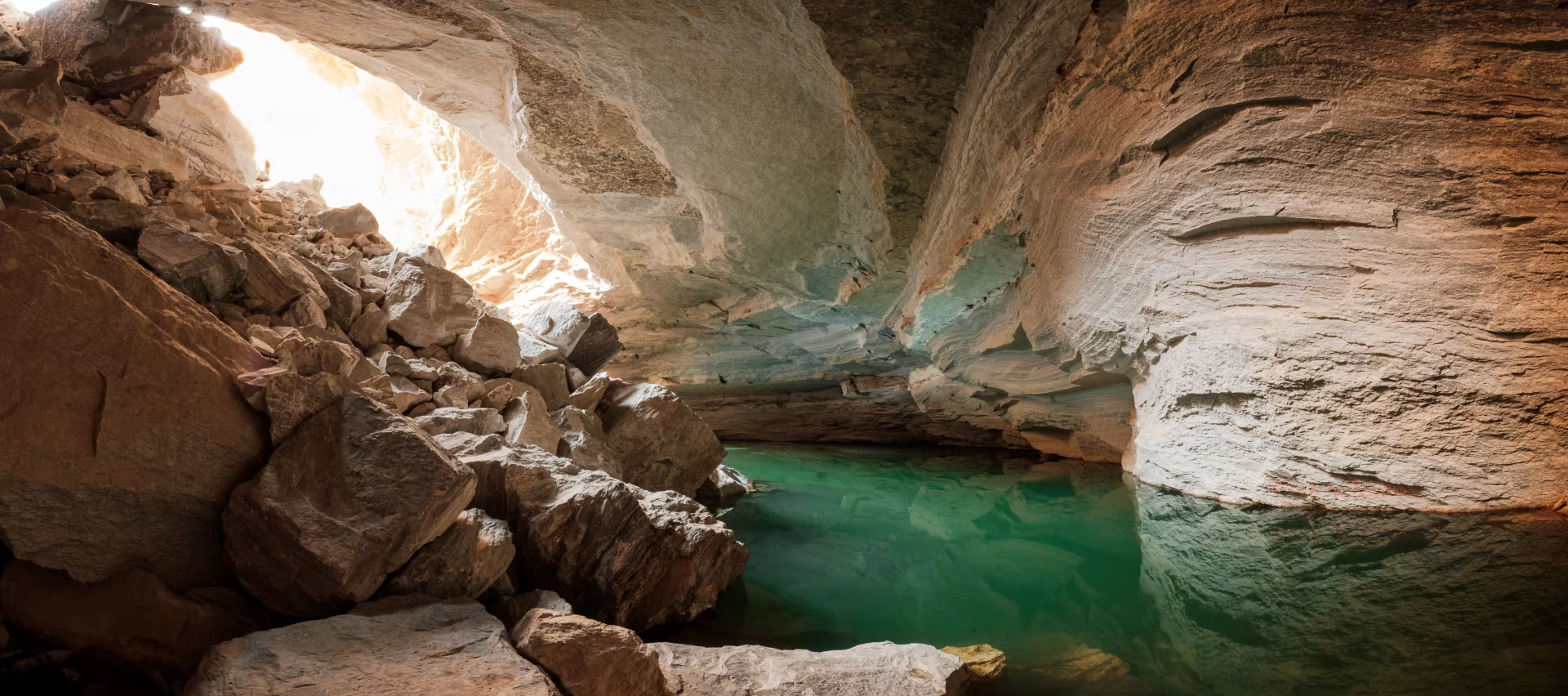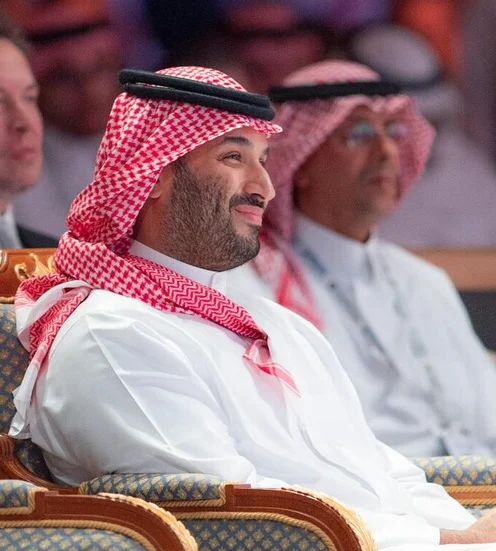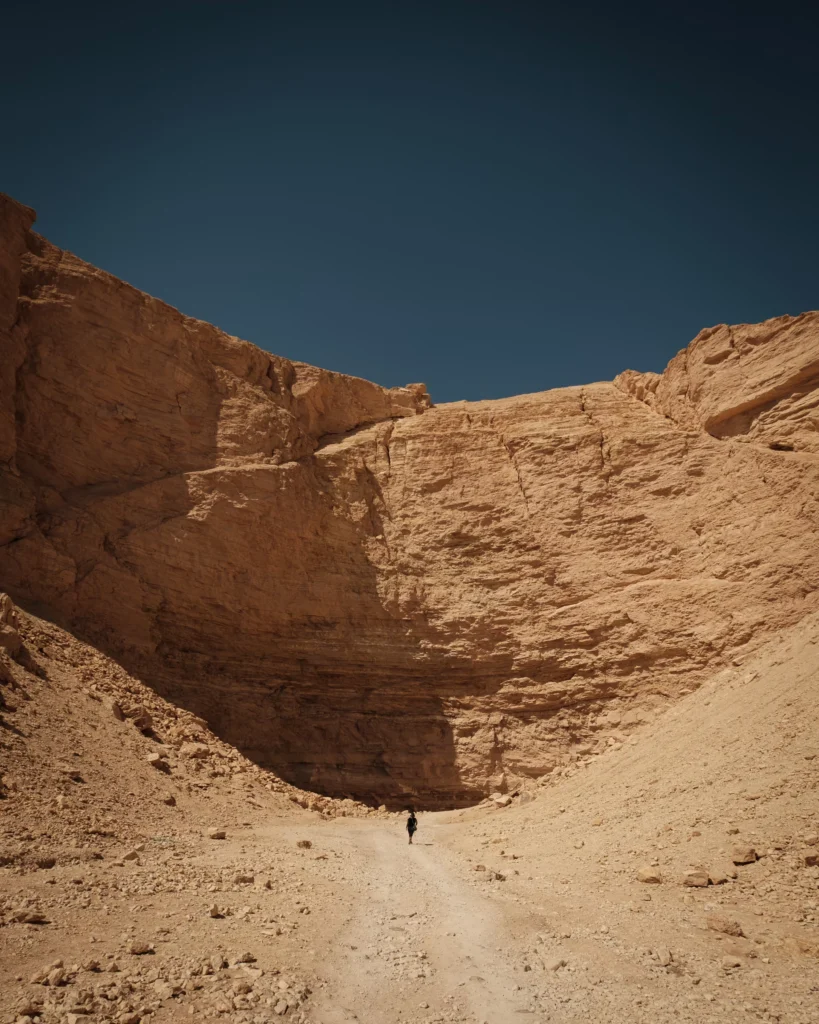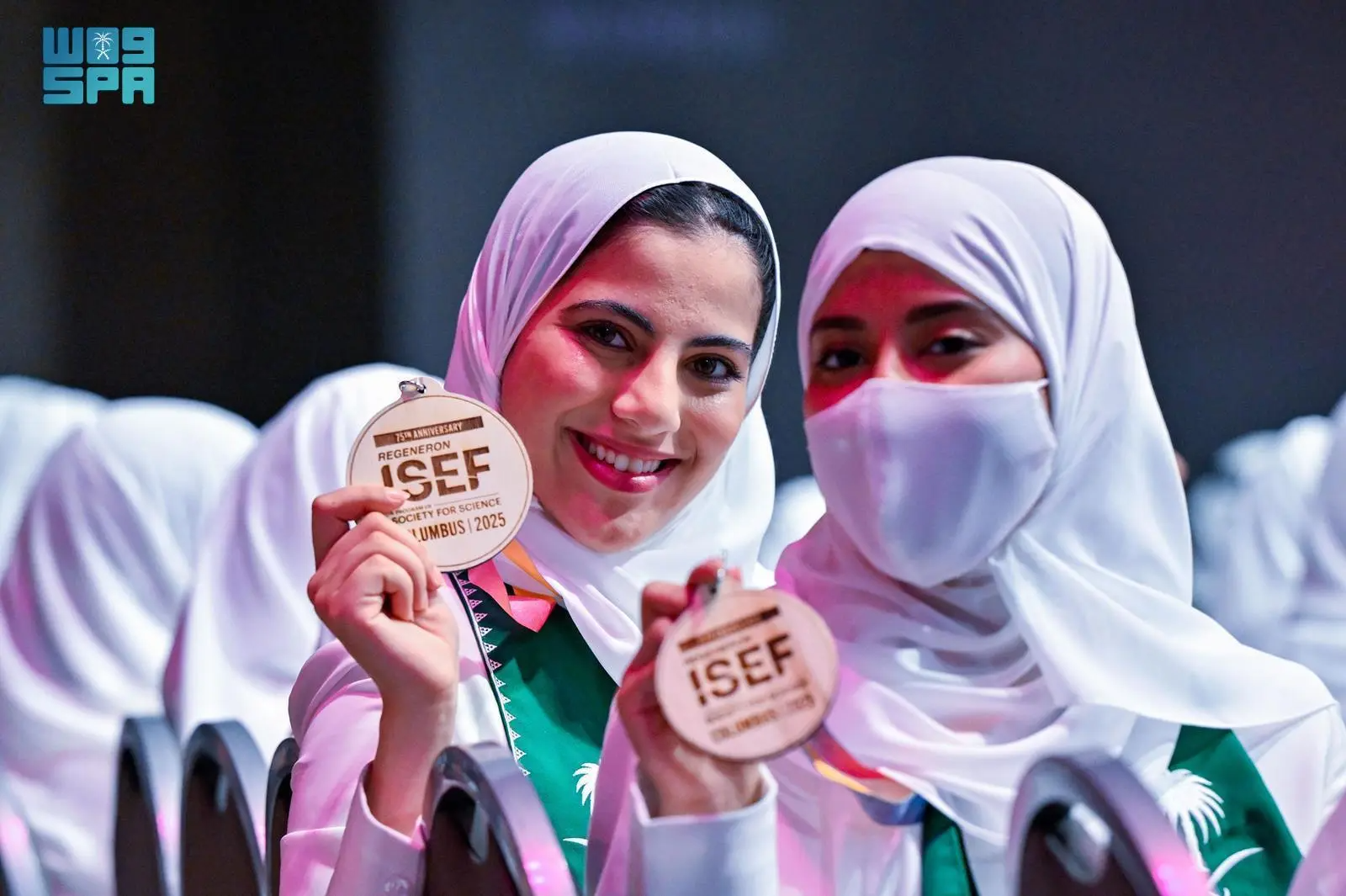Saudi Arabia in Motion
Scientific Brilliance, Heritage Discoveries, and Strategic Diplomacy in Early 2025
By Alhanouf Mohammed Alrowaili

The first half of 2025 has positioned Saudi Arabia at the forefront of transformation. Through groundbreaking accomplishments in education, natural heritage, and international diplomacy, the Kingdom is proving that Vision 2030 is more than a plan it is an unfolding reality. From high-performing students on the world stage to subterranean wonders and global investment forums, Saudi Arabia is making headlines for all the right reasons.
GLOBAL ACCLAIM IN SCIENCE
Youth Leading the Way
In May 2025, Saudi Arabia’s young scientific talent achieved international recognition at the Regeneron International Science and Engineering Fair (ISEF), held in Columbus, Ohio. Competing among over 1,700 students from 70 countries, Saudi students earned an impressive 23 total awards, including 14 grand prizes and nine special distinctions, solidifying the Kingdom’s rising status in global STEM education.
Among the most notable winners was Jiwan Shaabi from Jazan, who secured second place globally in Environmental Engineering for her innovative work in sustainable water desalination. Her project proposed cost-effective, low-energy filtration systems with regional relevance, addressing water scarcity with practical, scalable technology. In addition to her top-tier placement, she also received a special industry award, signaling her potential beyond academia.
Other standout students included Maryam Al-Muhaysh and Areej Al-Qarni, who delivered prize-winning projects in medical sciences and plant research, respectively. These achievements are the result of a comprehensive national effort to develop youth capabilities in science and technology. Organizations such as Mawhiba and initiatives under the Ministry of Education have nurtured thousands of students through early mentorship, innovation competitions, and targeted scholarships.
Saudi Arabia’s consistent presence and growing success at ISEF now totaling 183 awards since its 2007 debut illustrate not only academic prowess but also a deliberate national investment in intellectual capital. These young innovators are not just competing—they are defining new frontiers in science with distinctly Saudi perspectives.
Mapping the Underground
Rediscovering Saudi Arabia’s Geological Wealth While students were shining abroad, a different kind of discovery was unfolding beneath the surface of Saudi Arabia. Geologists, researchers, and conservationists have embarked on new expeditions across the Kingdom to map and document its complex cave systems, mountain formations, and mineral-rich landscapes. These discoveries are not just geological; they are cultural and environmental assets that form part of Saudi Arabia’s natural legacy.


One of the most remarkable sites gaining renewed interest is Mount Shadah in the Al-Baha region. Home to granite peaks and rare cave systems formed during the Precambrian era, Mount Shadah is a natural archive of geological history. Its caves-formed through gas entrapment and erosive forces-are being studied for their potential as ancient habitats and for their role in preserving biodiversity in otherwise arid ecosystems.
In the Eastern Province, Al-Qarah Mountain and its limestone caves have garnered attention for their architectural and ecological uniqueness. Formed through water erosion and tectonic activity, these caves maintain stable temperatures throughout the year, making them ideal for both scientific study and ecotourism. Already recognized as a heritage zone, Al-Qarah’s network of caves, such as Al-Nashab and Al-Eid, holds immense potential for educational tourism, local folklore preservation, and environmental conservation.
Near Riyadh, the Ein Heet Cave continues to fascinate geologists. Known for its deep karst formation and an underground lake, the site is considered one of the Kingdom’s most significant natural structures. With scuba divers having reached depths of over 120 meters, Ein Heet holds some of the earliest recorded deposits of anhydrite in Saudi Arabia and may become central to future conservation and research efforts.
These geological explorations are part of a broader national initiative to document, preserve, and utilize Saudi Arabia’s natural resources in ways that align with environmental sustainability, scientific exploration, and tourism development. The integration of natural heritage into education, urban planning, and global outreach exemplifies Saudi Arabia’s evolving relationship with its environment.
STRATEGIC DIPLOMACY AND INVESTMENT
Riyadh’s Landmark Forum
On May 13, 2025, Riyadh hosted one of the most consequential diplomatic and economic summits in its recent history, the U.S.-Saudi Investment Forum.

Co-chaired by Crown Prince Mohammed bin Salman and U.S. President Donald Trump, the event drew top-tier global business leaders, policymakers, and investors to chart a new course for bilateral cooperation.
The forum culminated in a $600 billion investment package, spanning defense, energy, artificial intelligence, infrastructure, and advanced manufacturing. With commitments from global companies and Saudi entities alike, the forum signaled a shift in Saudi–U.S. relations—from a traditional oil-and-defense framework to a diversified alliance rooted in innovation and economic interdependence.
A major highlight was the announcement of an expansive defense and cybersecurity agreement, valued at over $140 billion. Equally significant were partnerships in emerging technologies, with companies such as Nvidia and AMD agreeing to support a 500 MW AI data center project in Saudi Arabia. This facility, backed by the Public Investment Fund (PIF), will serve as a regional hub for AI research, cloud computing, and machine learning applications.
The event also made headlines for its diplomatic developments. In a groundbreaking gesture, Trump formally pledged to lift longstanding U.S. sanctions on Syria, following a symbolic meeting in Riyadh between the Crown Prince, Trump, and Syria’s new leadership. This marked the first such encounter in over two decades and hinted at Saudi Arabia’s emerging role as a regional mediator and diplomatic facilitator.
Analysts have described the forum as a turning point in Saudi Arabia’s geopolitical identity, where capital flows, policy shifts, and technology ecosystems intersect in a bid to reposition the Kingdom as both a global investor and a regional stabilizer.
A Nation in Momentum: The Vision in Action
These early 2025 developments are not isolated milestones; they are strategically aligned with three core objectives of Vision 2030:
- Human Capital Development. The scientific accomplishments of Saudi students on the world stage reflect a robust and evolving education ecosystem that emphasizes innovation, critical thinking, and global competitiveness. Programs led by national organizations like Mawhiba, alongside Ministry of Education initiatives, are nurturing a new generation of researchers, engineers, and problem-solvers equipped to lead in fields such as renewable energy, biomedical research, and artificial intelligence. The results seen at ISEF 2025 are a testament to this long-term investment in youth empowerment and academic excellence.
- Cultural and Environmental Stewardship. The rediscovery and documentation of Saudi Arabia’s geological wonders, caves, mountain formations, and ancient mineral sites—underscore a deepening national commitment to environmental sustainability and cultural preservation. These natural assets are being integrated into tourism, conservation planning, and public education programs, ensuring that the Kingdom’s heritage is not only protected but actively celebrated. Such efforts strengthen national identity while also creating opportunities for ecotourism and scientific research.
- Economic Diversification and Global Engagement. The U.S.–Saudi Investment Forum held in May represents a bold redefinition of international collaboration. By securing long-term commitments in sectors such as defense, artificial intelligence, infrastructure, and renewable energy, Saudi Arabia is signaling its readiness to move beyond oil dependency and become a global hub for innovation and diplomacy. The strategic alignment with global tech firms and geopolitical players enhances the Kingdom’s influence in shaping future economic and regional policies.



